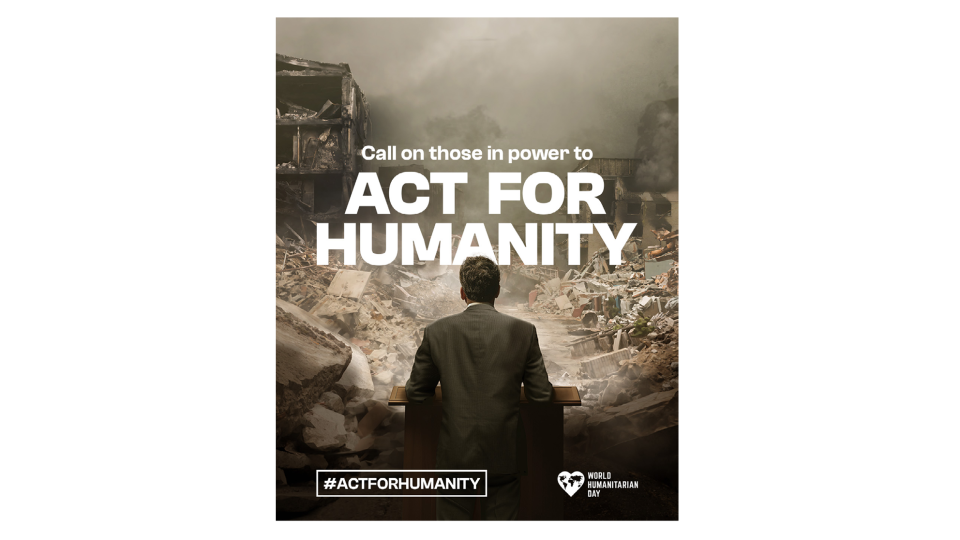World Humanitarian Day: Health professionals on the brink as conflicts intensify

On World Humanitarian Day, WHPA, which represents 42 million health professionals, together with humanitarian organizations is sounding the alarm: life-saving health services—already underfunded and overstretched—are facing unprecedented pressure as conflicts intensify, targeted attacks on health facilities multiply, and funding is cut.
Health systems that should serve as a lifeline, and the health professionals who deliver care, are instead being pushed to the brink. Armed conflicts are escalating, living and working conditions for those providing aid are deteriorating, and attacks on health and humanitarian personnel are reaching record highs—costing lives and crippling the ability to respond.
Data released today shows that attacks on aid workers, including healthcare personnel and facilities, have reached new and deadly records. In 2024, the number of aid worker fatalities climbed to 383 across 27 countries—surpassing the previous year’s record. Twenty-one of these countries saw an increase compared to the year before. These assaults not only violate international humanitarian law but also leave communities without access to essential care and medicines.
"Communities caught in conflict need more health services, not less," said Dr Otmar Kloiber, Chair of WHPA and Secretary General of the World Medical Association. "Every funding cut and every attack translate into fewer health professionals and fewer health services reaching people who need them most. This is not just about numbers on a budget line—it’s about life and death."
WHPA’s open letter calling for the safeguarding of healthcare facilities and personnel in areas of conflict, in accordance with international law, was launched last year and remains as relevant as ever. The letter is supported by health professionals in 76 countries and territories worldwide, including leaders of national health professions’ associations, senior staff at health facilities, leading academics, and top-level representatives of governments and international health NGOs. WHPA continues to collect signatures to reinforce the message that health professionals are not a target and that any misuse of healthcare facilities or ambulances for military purposes also constitutes a violation of international humanitarian law.
Today, humanitarian and health organizations are calling on governments, donors, and the international community to urgently:
- Protect health professionals and humanitarian personnel as required by international law.
- Increase funding for health services.
- Strengthen health systems to withstand shocks from conflicts and disasters.
This World Humanitarian Day, we must reaffirm our commitment to those who risk everything to save lives—and to the people whose survival depends on them.